Psoriasis: Foods That Help, Foods That Hurt

Eat a Healthy Diet
If you have psoriasis, what you eat and drink may make a difference in how you feel. Scientists don’t know for sure if following a specific diet or staying away from certain foods can clear up your flares. But a healthy diet high in fruits, vegetables, lean protein, and whole grains can boost your overall well-being and may ease symptoms for some people.
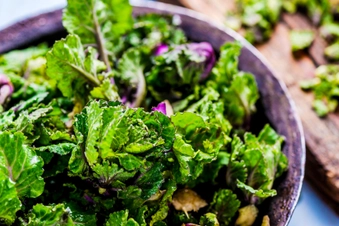
Eat More: Dark Leafy Greens
These are loaded with antioxidants, which protect your cells against inflammation. That may help with your psoriasis symptoms. Plus, leafy greens are low in calories and high in fiber, so they’re diet-friendly. Try tossing arugula in a salad, kale or collard greens in a soup, and chard or spinach into an omelet.
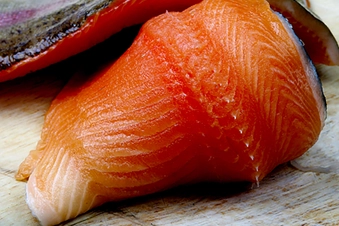
Eat More: Fatty Fish
Their omega-3 fats can help with inflammation and give your immune system a boost, so it’s a good idea to put fish on the menu at least twice a week. According to one study, people who ate 6 ounces of fatty fish a week saw their psoriasis symptoms get better. And these healthy fats may lower your chances of heart disease, too. Go with cold-water fish like salmon, albacore tuna, mackerel, sardines, herring, and lake trout.
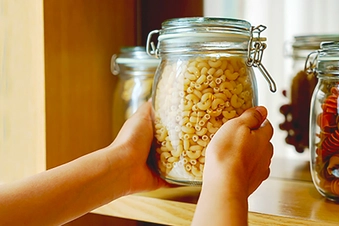
Eat More: Whole Grains
Fiber-rich whole grains can ease inflammation. They also can help you slim down, and research shows that shedding pounds can help with your psoriasis symptoms. Choose whole-grain breads, cereals, and pastas, and brown or wild rice. Labels like “multigrain” can be misleading, so check that a whole grain is the first ingredient listed. Bulgur, quinoa, and barley are other tasty options.
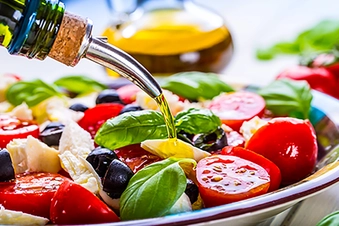
Eat More: Olive Oil
Not all cooking oils are created equal. Olive oil has anti-inflammatory omega-3 fats. It’s also a staple of the Mediterranean diet. Research shows that people who eat that way -- focusing on fruits, vegetables, fish, beans, and whole grains, along with olive oil -- have less severe psoriasis. Not a fan? Nut and avocado oils also have these healthy fats. Use them in salad dressings and sautés.
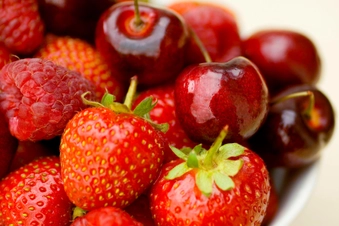
Eat More: Fruit
Satisfy your sweet tooth a different way. Fruits have antioxidants, fiber, and other vitamins that fight inflammation. For the biggest boost, eat a variety of colors. Each has its own mix of nutrients. Berries, cherries, and apples have antioxidants called polyphenols, while oranges and melons are high in vitamin C. Pineapple has an anti-inflammatory enzyme called bromelain.
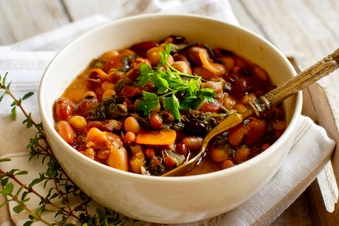
Eat More: Beans
These are good sources of protein, fiber, and antioxidants. They can help keep your weight in check and ease the inflammation in your body, and research suggests that a vegetarian diet can help with psoriasis symptoms. Try swapping them for meat once in a while: Use them in place of ground beef in chili or tacos. You can also add mashed beans to burgers and sandwiches.

Eat More: Nuts
They pack a lot of inflammation-fighting power in a small package. And they’re loaded with nutrients, healthy fats, and fiber. Toss a handful of nuts on a salad, or have them as a snack. Just watch how many you eat: A 1-ounce serving has 160 to 200 calories.
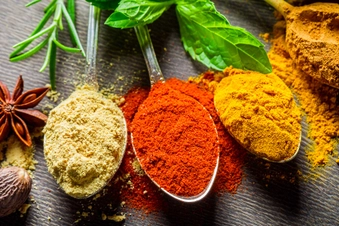
Eat More: Spices and Herbs
When you flavor your dishes with these, you tend to sprinkle on less salt. That can help protect you from high blood pressure and make you less likely to have a heart attack or stroke. Spices and herbs are also top sources of anti-inflammatory antioxidants. Sprinkle cinnamon or nutmeg in your cereal, toss veggies with dill or rosemary, or season your meat with cumin or basil.

Eat Less: Fatty Red Meat
This can trigger inflammation and may lead to bigger and more severe psoriasis flares. The saturated fat in red meat can also raise your chances of heart disease, and people with psoriasis are already more likely to have a heart attack or stroke. If you’re in the mood for red meat, opt for lean cuts, such as sirloin and top and bottom rounds. And choose ground beef with the lowest percentage of fat.
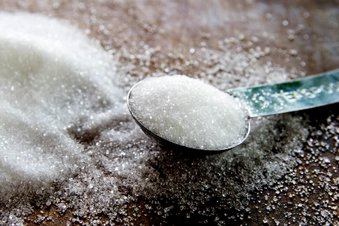
Eat Less: Sugar
It can make inflammation worse and raise your chances of heart disease. It also can lead to weight gain, and being overweight or obese may make your psoriasis worse. Skip the sugary drinks and cut back on sweets, like candy and dessert. Because it’s also found in some surprising places, like bread and pasta sauce, scan product labels for sweeteners.
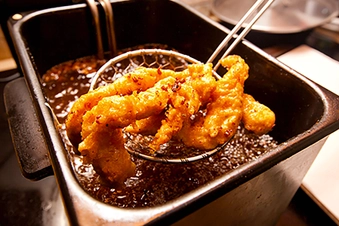
Eat Less: Fried Foods
These are often high in saturated fat, which has inflammatory compounds called advanced glycation end products (AGEs). They form when a food is cooked at a high temperature. In one study, people who cut back on high-AGE foods appeared to have less inflammation in their bodies after 4 months. Choose baked, boiled, or steamed foods instead of fried.
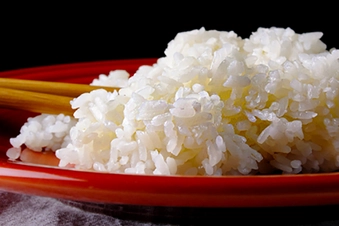
Eat Less: Refined Grains
To make white flour and rice, grains are stripped of their fiber and nutrients. As a result, you digest them more quickly, and that can make your blood sugar spike and crash. This may lead to inflammation. Reach for whole grains, such as whole wheat flour and brown rice instead.

Drink Less: Alcohol
Too much may trigger psoriasis flares. Experts aren’t sure why, but they think it may affect your immune system and trigger inflammation. This seems to be worse for men than for women. Alcohol also may keep psoriasis medications from working as well. Limit it to one drink a day for women and two for men. If you have severe psoriasis, you may want to cut it out entirely.
Show Sources
Photo Credits:
- Ariel Skelley / Getty Images
- merc67 / Getty Images
- martinrlee / Getty Images
- KittisakJirasittichai / Getty Images
- MarianVejcik / Getty Images
- Creatas Images / Getty Images
- Karisssa / Getty Images
- RossHelen / Getty Images
- Shaiith / Getty Images
- Moodboard / Getty Images
- chokja / Getty Images
- jdwfoto / Getty Images
- Ana_Penelope / Getty Images
- DAJ / Getty Images
SOURCES:
Academy of Nutrition and Dietetics: “How to Add Whole Grains to Your Diet.”
Academy of Nutrition and Dietetics: “Looking to Reduce Your Family's Intake of Added Sugars? Here's How.”
American Heart Association: “Fish and Omega-3 Fatty Acids.”
American Journal of Clinical Nutrition: “Associations Between Nut Consumptions and Inflammatory Biomarkers.”
American Journal of Clinical Nutrition: “Nutritional and Health Benefits of Dried Beans.”
British Journal of Dermatology: “Diet and psoriasis: experimental data and clinical evidence.”
European Journal of Clinical Nutrition: “Effect of Regular Consumption of Oily Fish Compared with White Fish on Chronic Plaque Psoriasis.”
Harvard Women’s Health Watch: “Foods That Fight Inflammation.”
Journal of Nutrition: “Whole and Refined Grain Intakes Are Related to Inflammatory Protein Concentrations in Human Plasma.”
Journal of Translational Medicine: “Nutrition and psoriasis: is there any association between the severity of the disease and adherence to the Mediterranean diet?”
Mayo Clinic: “Psoriasis.”
National Psoriasis Foundation: “Diet and Psoriasis.”
National Psoriasis Foundation: “Gluten-Free Diet.”
Nutrition Journal: “The total antioxidant content of more than 3100 foods, beverages, spices, herbs and supplements used worldwide.”
Skin Therapy Letter: “Alcohol and Skin Disorders: With a Focus on Psoriasis.”
The Journal of Clinical Endocrinology & Metabolism: “Protection against Loss of Innate Defenses in Adulthood by Low Advanced Glycation End Products (AGE) Intake: Role of the Antiinflammatory AGE Receptor-1.”
University of Maryland Medical Center: “Bromelain.”
USDA Agricultural Research Service: “Dark Leafy Greens.”